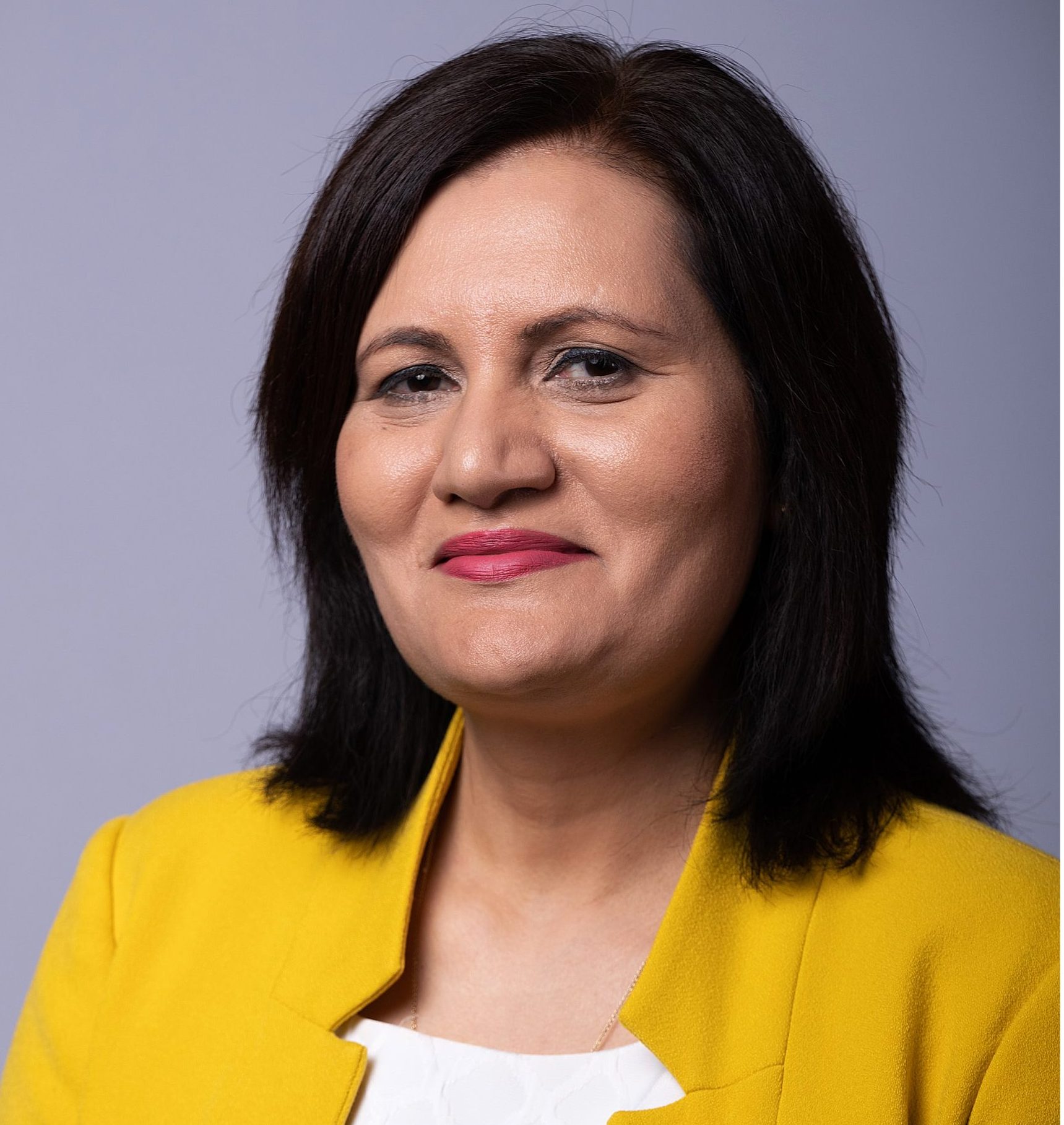When I moved to New Zealand in my twenties, one of the things I really appreciated was how fair and welcoming the country felt. It didn’t matter where you were from. If you worked hard, you could do well. That was the impression I had, and it’s what made me want to be part of this country.
But lately, I’ve heard from a lot of people who are concerned about how some universities are treating students differently based on race. I’ve heard from students and university staff who feel that public funding is not being used in a fair way. Scholarships, extra help, and special entrance pathways in fields like medicine are sometimes only available to certain ethnic groups. Even study spaces on campus are being marked out for one group and not others.
This is why I’ve drafted the Education and Training (Equal Treatment) Amendment Bill. The aim is simple. It makes sure that when universities use public money, they do it in a way that is fair to everyone, no matter their background.
The bill doesn’t stop universities from helping students who need support. If a student is struggling because of low income, a disability, or where they live, they can still be given help. But the bill would stop race from being used as the main reason for getting that support, at least when it’s funded by the taxpayer.
Private groups can still offer support however they like. If an iwi or another organisation wants to give scholarships just for Māori or Pasifika students, they can do that. My bill doesn’t change that. It only applies to public funding.
A lot of people in migrant communities feel the same way. I’ve spoken to young people who are working hard, doing the right thing, but still feel they are being left out. That’s not the kind of country we should be.
After the bill was announced, AUT Dean of Law Khylee Quince commented online, “Immigrant forgets where she lives.” I found that disappointing. New Zealand is a country where migrants have always played a part in building our communities, including in education. We should be able to raise concerns about public policy without being attacked for where we come from.
There are other examples too. The University of Auckland now has a compulsory course on the Treaty and indigenous knowledge. That might be useful for some students, but many, including international students, don’t see how it helps with their degree or their future – but they’re forced to pay thousands of dollars for it.
Then there are study spaces with signs saying, “Māori and Pasifika Students Only.” I know these are meant to be safe spaces. But when we start putting up signs that say who can and can’t enter a space, that’s not what most people think of as inclusion. What happens if someone doesn’t look Māori or Pasifika? Do they feel uncomfortable walking in?
When people of different backgrounds study and work together, they get to know each other. That builds understanding, and it reduces mistrust. But if we start separating people out, even for good reasons, it can create division. I don’t want to see that in our universities.
ACT believes everyone should be treated as an individual, not as part of a group. That’s what fairness looks like. Making sure our public institutions treat all people with the same respect and give them the same chances to succeed.
-Dr Parmjeet Parmar
ACT List MP based in Pakuranga



